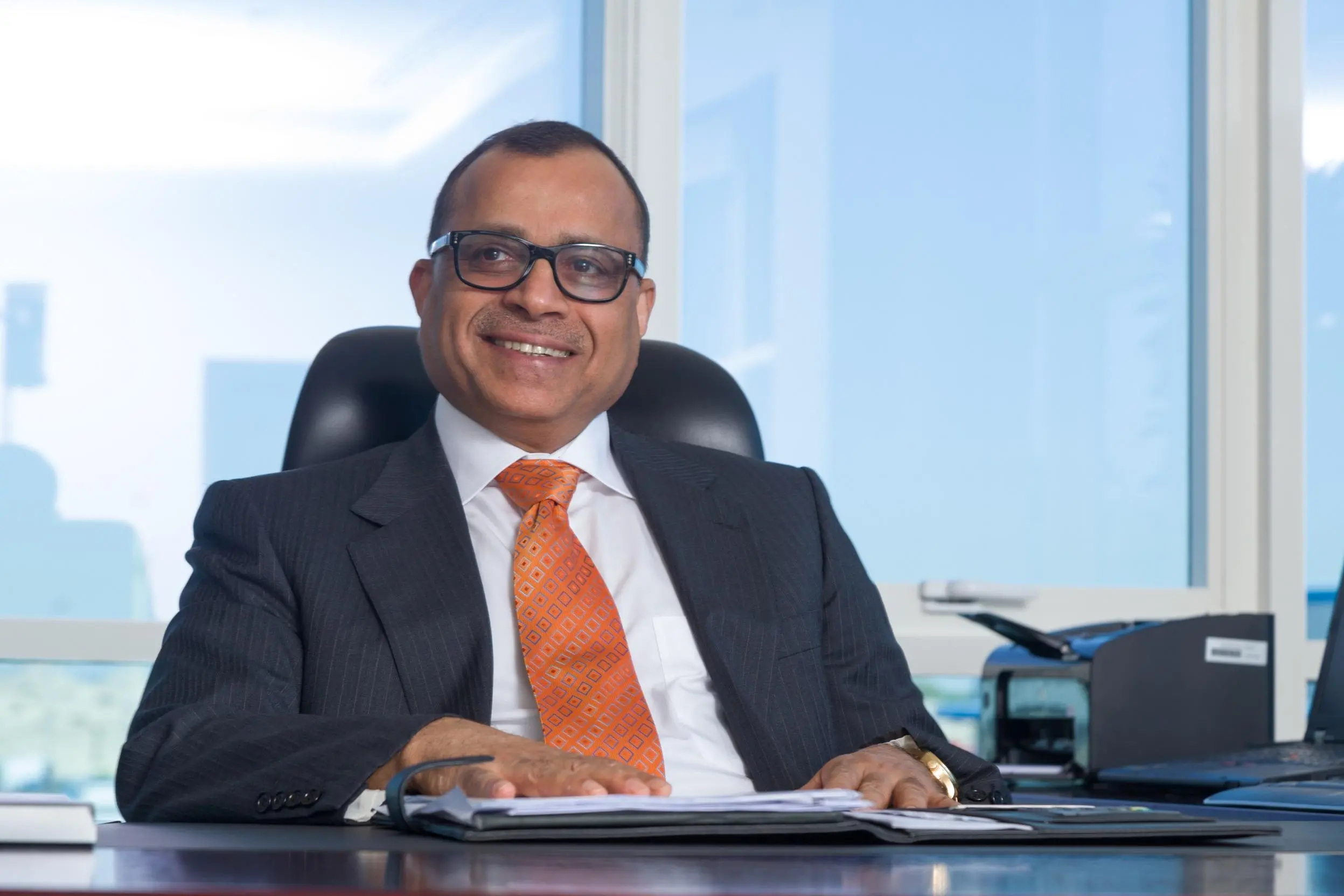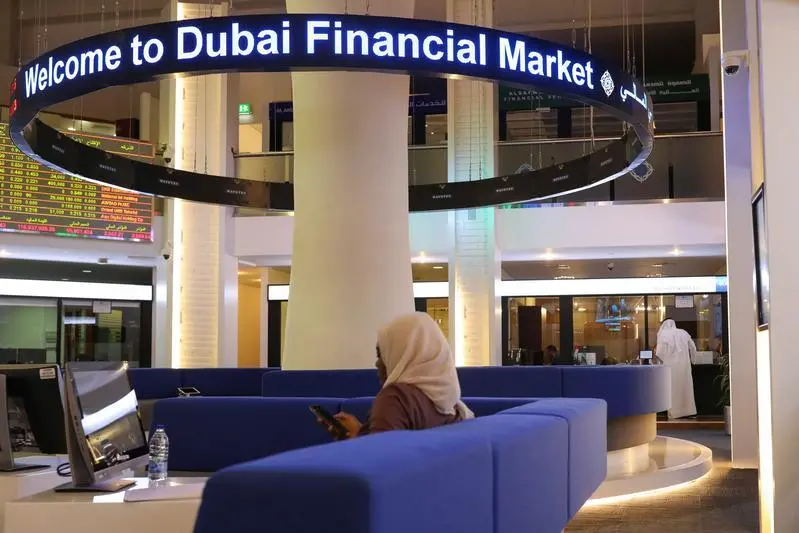PHOTO
UAE-based logistics firm Tristar is building momentum in growth ahead of going public while expanding its geographies and offerings and embracing disruptive technology to future-proof its business.
“It is a fair estimate to say that within the next two to three years, the company is expected to be listed,” Eugene Mayne, founder and CEO of Tristar, told Zawya.
Tristar has yet to declare how much it expects to raise through the initial public offering (IPO) as it has not “reached that stage yet”, but Reuters reported back in April that the company had asked investment banks to pitch for advisory roles for its planned listing in London.
Mayne said that the company’s growth strategy focuses on both organic and inorganic growth as it enters new markets and diversifies its logistics offerings: “We continue to grow our business organically, leveraging off our existing relationships to enter new markets, but we would also consider bolt-on acquisitions, as and when appropriate, to underpin our growth momentum.”
“Our focus is very much on growing our business and extending our footprint. Today, we operate in more than 20 countries, and we want to scale that up,” he continued.
Mayne described Tristar’s services as built around a fully integrated logistics model that covers all forms of transport. The firm operates 29 tankers, 62 fuel farms, and over 1700 road transport assets, across the world“But essentially, our business model focuses on oil and gas logistics,” he said.
Tristar has repeated business with blue-chip investment-grade customers, including Shell, BP, Total, UAE’s ADNOC, and Saudi Arabia’s Aramco. The company won a 10-year contract with the latter a year after it entered the Saudi market in 2013 in partnership with ENOC.
Noting that the firm has a whole pipeline of projects across three continents, Mayne said that the firm aims to expand its footprint in Africa in Djibouti, Liberia, and Ghana. In India, aiming for a partnership using Tristar’s existing customer base, the firm plans to expand its services with a fuel retail network in India, which is expected to be operational in 2020.
Asked about how the company is looking to expand its offerings, he said, “It is an ongoing process. We started with road transport, but today we have a fully integrated logistics model covering coastal and maritime operations [and] storage, among others.”
Tristar also has one of the largest fuel farms in the Pacific, a crude oil facility in Louisiana and a chemical storage terminal in the UAE.
“We try to diversify within our capabilities, but our core is about serving the oil and gas industry,” he said. “We are looking at the hyperloop technology and considering partnerships. It is still early days, but it is something that we are definitely looking at. Going forward, we are looking at transport technology to ensure future-proofing our business.”


Eugene Mayne, founder and CEO of Tristar. Image supplied by Tristar
FINANCING GROWTH
“Most of the financing that we do is done through our internal resources, our own financial resources, except in the cases where we made large investments that include shipping assets, where we incurred some debt,” Mayne said.
In 2018, the company’s net debt was $229 million, which was 2.5 times the EBTDA (profit before taxes, finance costs, net, and depreciation and amortization), according to information provided by the company. For the first half of 2019, net debt was $329 million, which is 3.4 times EBTDA, but that includes $31.5 million in IFRS16 transition impact. Between 2016 and 2018, Tristar delivered a compound annual growth rate (CAGR) of 12 per cent in its EBITDA and a 23 per cent CAGR in revenues.
On the challenges that he sees on the way to sustaining growth momentum, he said, “With a global economy bordering on recession, there might not be a lot of opportunities, so we have to look at penetrating new markets. We need to scale up investments and embrace the disruptive technology and automation in our industry.”
ADOPTING E.S.G.
Mayne started Tristar with just three trucks; today, he is on Forbes’ 2019 list of Top 100 Leaders in the Arab World as well as Logistics Middle East’s 2019 Power List.
“I founded the company in 1998, and in 2003, I sold the majority stake to Agility, and then GIC came on board. Now GIC owns 20 per cent and I own 15 per cent,” he said.
Mayne attributes the company’s growth to several factors, starting with its people: “Having a dedicated, loyal, hard-working team is one of our top assets. Then, of course, the quality of our services and meeting our customers’ expectations and upholding the utmost safety standards. In the last 15 years, we have not had a single fatality, and our commitment to safety is something that is very much appreciated by our customers.”
He continued: “Third [is] giving our customers value and not just the service. It is a partnership where we collaborate so that it is a win–win situation for both parties. And that has been instrumental in our growth over the past 20 years.”
Finally, Mayne said that he strongly advocates adopting environmental, social, and governance (ESG) standards in a business. “While the primary purpose of the business is to make money, we are also committed to be a business for purpose, and therefore we have a very strong culture of giving back.”
(Writing by Nada Al Rifai nada.rifai@refinitiv.com, editing by Daniel Luiz)
Our Standards: The Thomson Reuters Trust Principles
Disclaimer: This article is provided for informational purposes only. The content does not provide tax, legal or investment advice or opinion regarding the suitability, value or profitability of any particular security, portfolio or investment strategy. Read our full disclaimer policy here.
© ZAWYA 2019





















